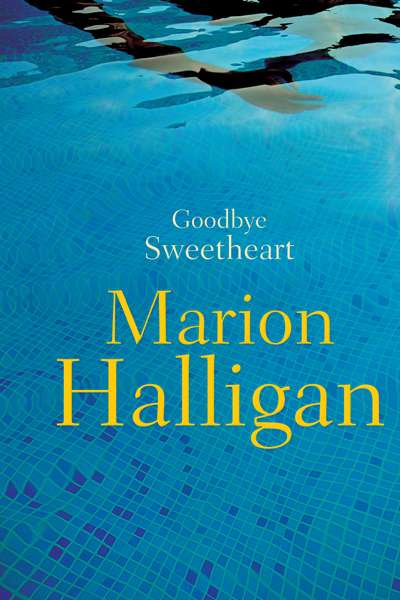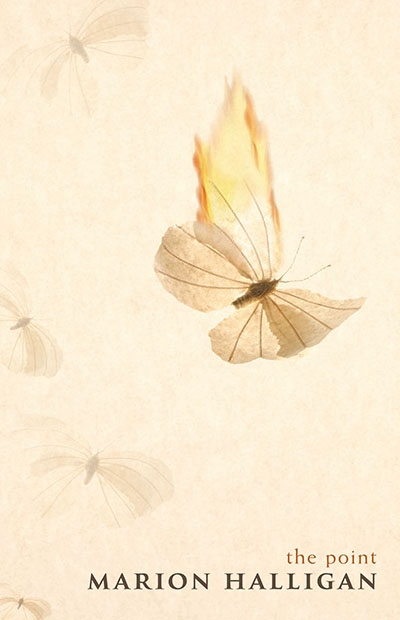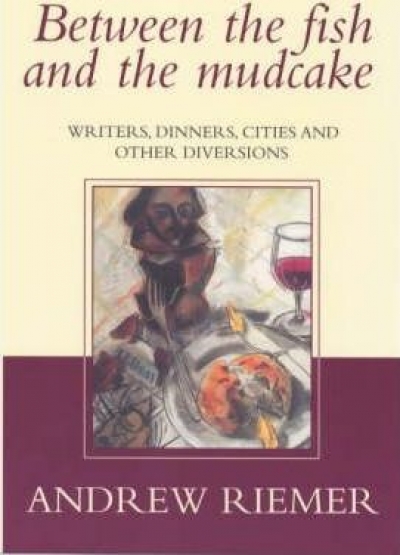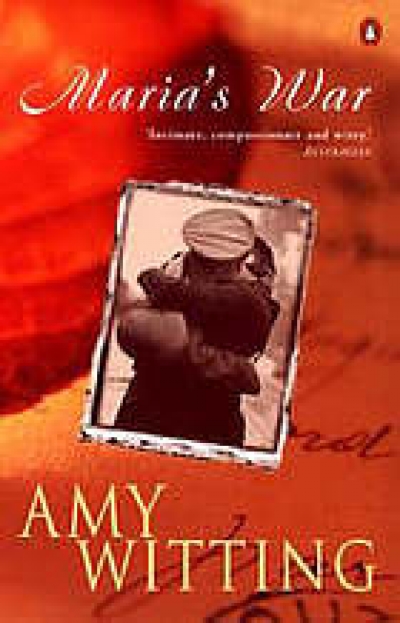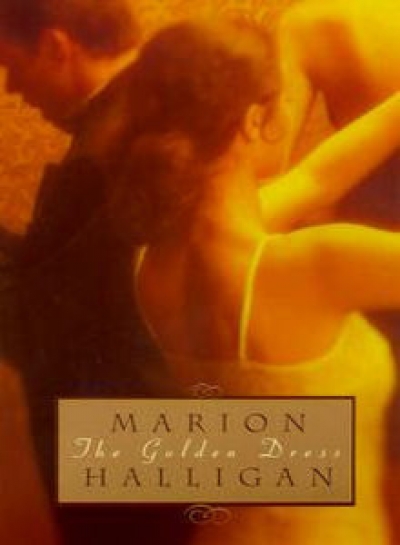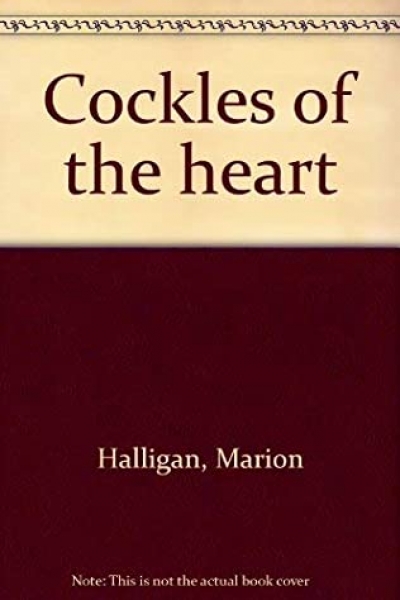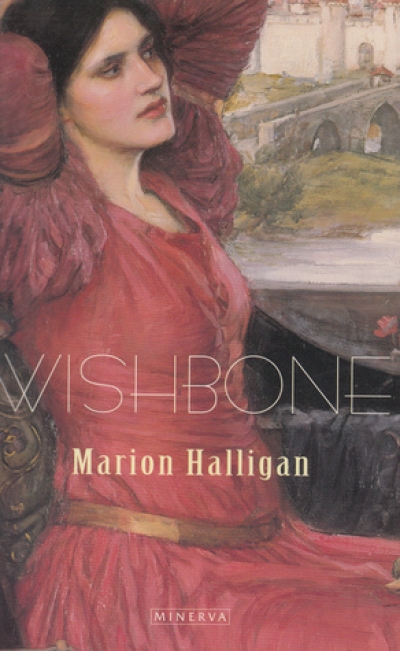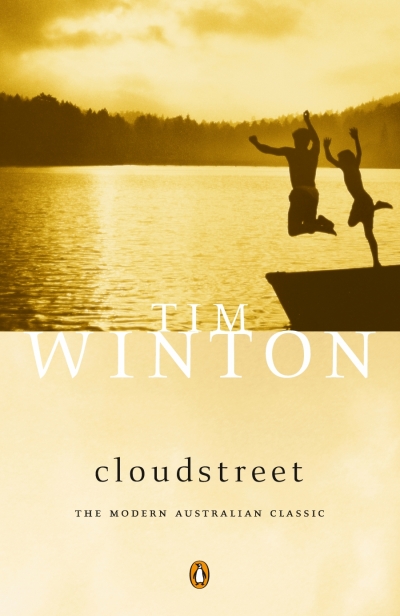Marion Halligan
Book reviewing. I’ve done quite a lot of it. I regard it as my trade and a profession, one to be proud of, with principles and rules and responsibilities, to be practised ethically and with generosity. And not gloomily, nor theoretically, for I write for readers, not scholars.
... (read more)
